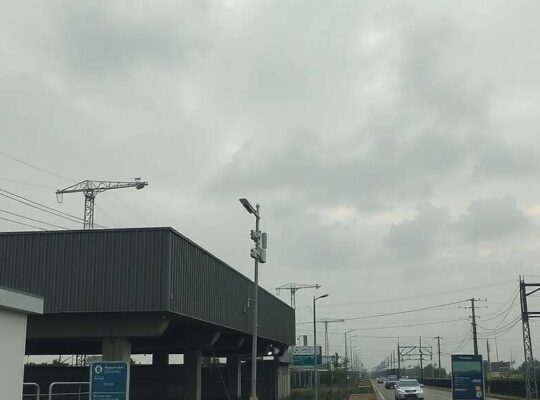A sweeping internal investigation within the Berlin Police has uncovered significant breaches of duty within its Personal Protective Unit (LKA 616), prompting the immediate dissolution of the specialized department and a broader examination of potential corruption risks within the force. The revelation has sparked immediate political fallout and raised serious questions about the integrity of the institution responsible for safeguarding high-profile individuals.
According to a statement released Friday, the internal audits and external tips painted a disturbing picture of what appears to be corrupt practices. Former officers are alleged to have provided private services to a former protectee, potentially exploiting official resources for personal gain. The precise nature of the services and the extent of resource misuse remain under investigation, but the allegations point towards a blurring of professional boundaries and a potential abuse of power.
In response to the findings, the entire Personal Protective Unit, LKA 616, has been disbanded, its leadership removed from their positions and all officers reassigned. A subordinate Personal Protection Command has also been dissolved as a preventative measure to eliminate any lingering influence or interconnections with the implicated individuals. This unusually drastic step underscores the severity of the allegations and the perceived urgency to rebuild public trust.
“Personal protection demands absolute loyalty to the state and unrestricted integrity” stated Vice Police President Marco Langner. He stressed that proximity to those under protection should never transition into dependency, adding that only individuals demonstrating “corruption immunity and adherence to duty” can secure the public’s trust – a trust he acknowledged is now demonstrably at risk.
The timing of the scandal comes at a politically sensitive moment, raising concerns about the vulnerability of those under state protection and the potential damage to the Berlin government’s image. Opposition politicians have already called for a full parliamentary inquiry into the matter, demanding greater oversight of sensitive police departments and stricter vetting procedures for personnel. Legal proceedings, both disciplinary and criminal, are now underway, promising a protracted and potentially damaging investigation into the heart of Berlin’s law enforcement. The long-term consequences for the police force and its relationship with the public remain to be seen.












